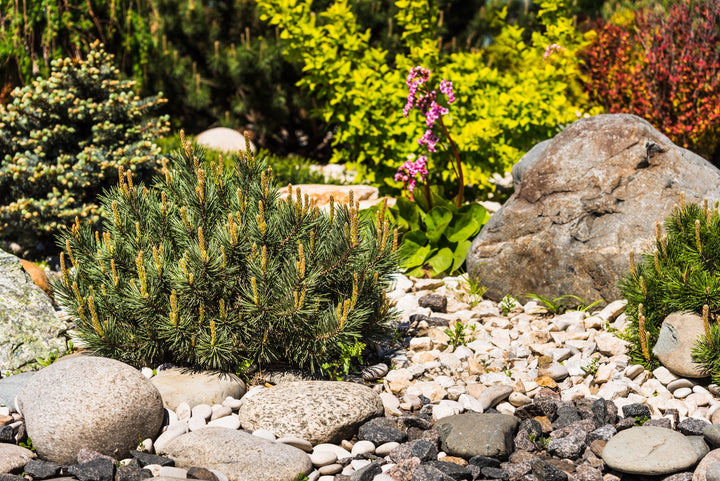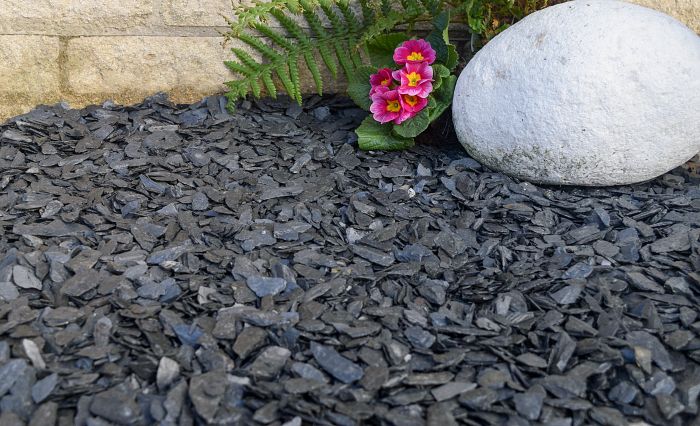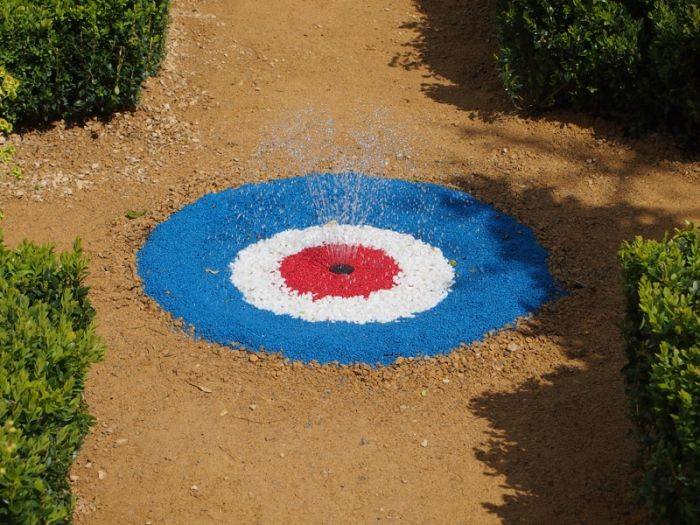How to Lay Weed Membrane for Your Garden
Weeding is a frustrating part of gardening that homeowners and landscapers don't enjoy. If you're thinking about laying down gravel, stones or slate chippings for your garden, paths, or driveways, then preventing weed growth from occurring should be considered.
One of the best ways to suppress weeds from growing underneath a new gravel surface is by using and laying down a weed membrane fabric before laying your new decorative stones.
In this blog, we will look at what exactly is a weed control membrane and the steps to laying it correctly, helping you say goodbye to future manual weeding.
What is a weed membrane?
A weed membrane fabric is a cover or sheet that can be laid on top of the soil that is beneath your decorative gravel, slate or stone chippings. It blocks the emergence of weeds growing and becoming visible within the gravel surface.
Weed landscaping fabrics are incredibly practical, clean and easy to install. Homeowners that are looking for a longer-term solution to weeds and minimal maintenance with a new gravel surface should definitely think about a weed control fabric.

Weed Membrane Factors and Considerations
Before going ahead and laying down a weed-prevention membrane, it is important to know and think about some of the factors that can occur when using the fabric sheet underneath your gravel.
- If your gravel surface will include the addition of plants and flowers, this can make the installation of a weed membrane more awkward but not impossible. When laying down the fabric, make sure to leave holes or gaps where you will plant.
-
Weed prevention membrane will stop organic material, such as dead leaves from reaching the soil underneath that helps to enrich the surface. However, weed membranes are porous and they will allow moisture and nutrients through.
- Weed control fabric will block out sunlight that will stop plant growth.
- The surface below the weed fabric can harden, which also hurts growing plants, then laying down a weed membrane is a great option.
If the above factors aren't too much of a concern for you and your garden plans, then laying down a weed membrane is a great option.
Steps to laying weed membrane fabric
Choosing the right weed membrane
There are a variety of different weed membranes to choose from depending on the thickness that you require.
Thinner weed membranes are perfect for garden areas that will see little to no pedestrian traffic such as garden borders or planting areas. The thinner the membrane, the easier it is to cut gaps and holes where the plants or flowers will be placed.
Thicker membranes are the more suitable option for heavy traffic whether that be human or vehicular. If you're thinking about laying down a gravel pathway or driveway and want to prevent weed growth from happening, then a thick membrane is required as it is less likely to rip.
Making the Garden area clear
When you have decided on which variation of weed membrane is best for your garden, driveway or pathway plans, it is important to make sure the area where you will lay your membrane and eventually gravel is clear.
The area needs to be clear of plants, debris and sharp stones or rocks as these will pierce the membrane when laying it down. If there are weeds already apparent in the area, these will need to be removed and a weed killer is worth spraying to eradicate as much as you can.
Lay down the membrane
The next step is to lay down the membrane. It is important to overlap the joints or edges by 10-30cm which will help the membrane be more stable. Once this is done, it is necessary to place pegs around the fabric so that it holds and is secure. At this stage, any excess material can be cut off.
Laying the gravel
When laying gravel stones and chippings for either a pathway or a driveway, the recommended size should be between 14-20mm at a depth of around 5cm. For garden gravel areas that won't see much traffic smaller-sized gravel between 6-10mm is the best option.

More Information
Hopefully, this blog has given you an insight into weed prevention membranes, what they are, how to lay them and making sure they're the right choice for your garden and future landscaping plans.
At Decorative Aggregates, we have one of the largest stocks of different gravel stones, chippings, boulders and rockery available in the UK. We are confident that whatever garden project you are undertaking with gravel, we will have the right option for you.
Our sales team are always on hand to offer support and advice about all of our aggregate products, so please call today on 01629 630 256.


